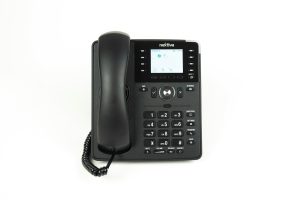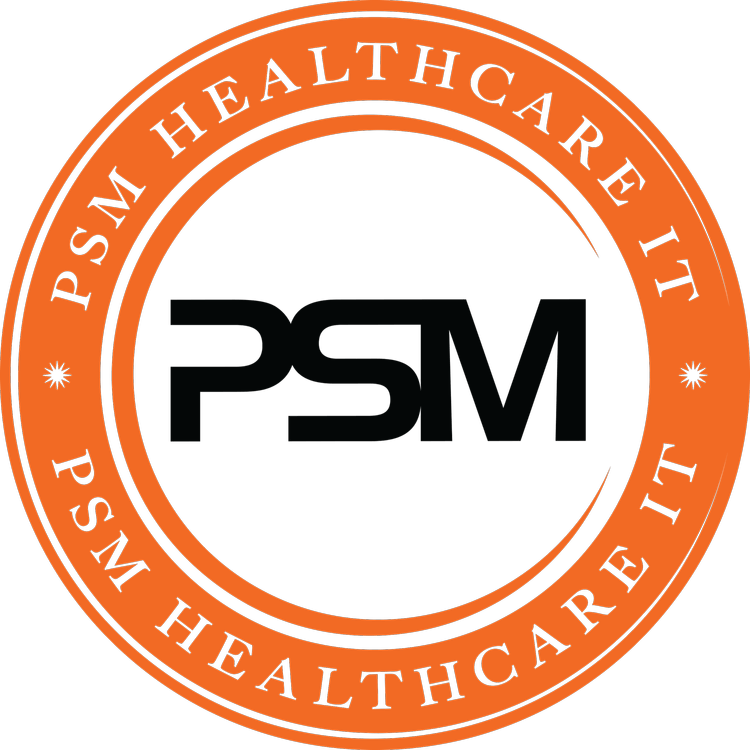Managed VoIP Phones
Did you know that businesses utilizing managed VoIP phones witness a 50% reduction in communication costs annually? Efficient and cost-effective, managed VoIP systems offer seamless communication solutions tailored to your business needs. With features like call forwarding, voicemail-to-email transcription, and scalability options, these hosted VoIP phone systems enhance productivity while cutting down on expenses. Say goodbye to traditional phone lines and hello to a streamlined communication experience with managed VoIP phones.

Key Takeaways
Implementing Managed VoIP: When considering implementing managed VoIP services, ensure to choose a provider that offers reliable technical support and assistance throughout the process.
Enhancing Operations with VoIP Management: Utilize VoIP management tools to streamline communication processes, enhance productivity, and improve overall operational efficiency.
Finding the Right VoIP Provider: Conduct thorough research and consider factors such as service reliability, scalability, and customer support when selecting a managed VoIP provider.
Understanding VoIP Basics: Familiarize yourself with the fundamental concepts of VoIP technology to make informed decisions and effectively leverage its benefits for your business.
Hosted vs Managed VoIP: Differentiate between hosted and managed VoIP services to determine which option aligns best with your business requirements and budget constraints.
Technical Aspects of VoIP: Gain insights into the technical aspects of VoIP systems to troubleshoot common issues, optimize performance, and ensure seamless communication within your organization.
Understanding VoIP Basics
VoIP System Overview
VoIP systems revolutionize communication by transmitting voice data over the internet instead of traditional phone lines. The key components include IP phones, PBX servers, and internet connectivity. These elements work together seamlessly to facilitate clear and reliable voice communication. The evolution of VoIP technology has significantly impacted modern business communications, enabling flexibility, cost savings, and enhanced features.
Benefits for Businesses
Managed VoIP services offer businesses significant advantages such as reduced costs, enhanced scalability, and improved flexibility. By implementing a managed VoIP system, businesses can boost productivity through features like call forwarding, voicemail-to-email transcription, and video conferencing. These systems promote collaboration by enabling employees to communicate effectively regardless of their location.
Cost-effective solution
Enhanced productivity
Improved collaboration
VoIP vs Traditional Phones
Traditional phone systems rely on analog signals transmitted through copper wires, while VoIP technology uses digital data sent over the internet. VoIP offers advanced features like auto-attendants, call routing, and virtual numbers that traditional phones lack. Compared to traditional phone systems, VoIP provides greater flexibility in terms of call handling options and integration with other software applications.
Advanced capabilities of VoIP
Flexibility in call handling
Integration with software applications
Managed VoIP Services Explained
What It Means
Managed VoIP services involve outsourcing the management of a company’s VoIP system to a third-party provider. Businesses benefit from expert oversight and support, ensuring optimal performance and reliability. By entrusting the maintenance and monitoring of their VoIP infrastructure to specialists, organizations can focus on core activities.
Embracing managed VoIP simplifies communication processes by offering seamless integration with existing phone systems. This results in enhanced connectivity across departments and locations, fostering collaboration and productivity. The shift towards managed services signifies a strategic decision to prioritize efficiency and effectiveness in business communications.
Business Advantages
Managed VoIP services provide businesses with a range of advantages, including cost savings through reduced maintenance expenses and efficient resource allocation. Moreover, these services enhance customer interactions by offering advanced call routing features and personalized service options. Team collaboration is streamlined through unified communication platforms, enabling real-time interactions regardless of physical location.
The adoption of managed VoIP solutions translates into improved operational efficiency due to reliable network performance and proactive issue resolution. Businesses can scale their communication capabilities easily as their needs evolve, ensuring seamless operations even during growth phases. Leveraging managed VoIP phone gives companies a competitive edge by enhancing customer service quality and internal communication effectiveness.
Key Features
Managed VoIP services come equipped with essential phone features designed to optimize communication workflows within organizations. These include comprehensive network monitoring tools that ensure continuous uptime and swift issue detection. Troubleshooting support is readily available, minimizing downtime and disruptions to daily operations.
Expert consulting provided by managed service providers assists businesses in making informed decisions regarding their communication strategies. Customizable features cater to specific requirements, allowing companies to tailor their VoIP systems according to size, industry demands, and unique operational needs. From call analytics to mobile integration, managed VoIP offers a suite of functionalities that empower businesses with phone to stay agile in a dynamic market landscape.
Hosted vs Managed VoIP
Core Differences
Hosted VoIP services involve external providers hosting and managing the phone system off-site, while managed VoIP services entail a more hands-on approach by the provider within the client’s premises. This distinction impacts costs and operational efficiency significantly.
Managed VoIP services typically offer customized solutions tailored to specific business needs, providing advanced features such as call analytics, CRM integration, and enhanced security measures. On the other hand, hosted VoIP services may have limitations in terms of customization and feature availability.
When comparing costs, hosted VoIP is often perceived as more cost-effective initially due to lower setup expenses. However, managed VoIP can offer long-term savings through optimized system management and reduced downtime.
Choosing What’s Best
When selecting a managed VoIP service provider, businesses should consider various factors to ensure they align with their requirements. Evaluating features such as HD voice quality, mobile integration, and video conferencing capabilities is crucial for seamless communication.
Scalability is another critical aspect to assess when choosing a managed VoIP provider. Businesses need a scalable solution that can grow with their operations without compromising performance or incurring excessive costs for upgrades.
Reliability and security are paramount considerations when entrusting a provider with essential communication infrastructure. Look for providers that offer robust disaster recovery plans, encryption protocols, and proactive monitoring to safeguard against potential disruptions or cyber threats.
To make an informed decision, businesses must also assess the level of customer support provided by the managed VoIP service provider. Responsive technical support and ongoing maintenance are essential for ensuring uninterrupted communication services.
Enhancing Operations with VoIP Management
Smooth Communication Tips
Enhance communication by optimizing channels and call quality in your organization’s managed VoIP system. Streamline processes for efficient collaboration among teams. Overcome barriers to foster seamless communication.
Management Techniques
Maximize benefits through effective management of a managed VoIP system. Optimize network performance, troubleshoot issues, and ensure data security. Proactively manage to maintain seamless communication across the organization.
Provider Selection Criteria
Select a reliable managed VoIP service provider based on key criteria. Consider service offerings, expertise, support, and scalability when choosing a provider. Partner with a provider meeting current and future communication needs.
Technical Aspects of VoIP
UCaaS Simplified
Unified Communications as a Service (UCaaS) streamlines communication tools into one platform. This integration enhances business efficiency by simplifying collaboration and communication processes. Businesses benefit from seamless connectivity across various channels with UCaaS solutions.
PBX Systems play a crucial role in modern communication infrastructure. These systems enable both internal and external communication within organizations. Over time, PBX technology has evolved to integrate with managed VoIP services, enhancing communication capabilities and flexibility.
SIP Trunking
Session Initiation Protocol (SIP) trunking is vital for VoIP communication. It allows the transmission of voice and data over IP networks efficiently. Businesses looking to boost their communication capabilities can benefit from SIP trunking’s features like cost-effectiveness and scalability.
Finding the Right VoIP Provider
Performance and Optimization
Implementing strategies to optimize the performance of a managed VoIP system is crucial for ensuring seamless communication. By regularly monitoring network performance, organizations can identify and address potential bottlenecks that may affect call quality. Continuous optimization is key to maximizing the efficiency of a managed VoIP system.
Techniques for monitoring network performance
Identifying and addressing bottlenecks
Enhancing call quality through optimization
Industry Solutions
Managed VoIP services are tailored to meet specific industry needs and challenges, providing customized solutions for enhanced communication. Different industries benefit from specialized features that improve collaboration, customer interactions, and overall efficiency. Providers adapt their services to suit the unique requirements of various sectors.
Customized solutions for different industries
Enhancing communication and collaboration
Catering to industry-specific needs and challenges
Customer Experience
Managed VoIP services play a significant role in elevating the overall customer experience by enabling better communication capabilities. Improved interactions with customers lead to enhanced support and satisfaction levels. Reliable and efficient communication systems foster loyalty among customers, highlighting the importance of seamless connectivity.
Impact on customer satisfaction and loyalty
Better customer interactions through enhanced communication
Elevating customer experience through reliable communication
Implementing Managed VoIP
Initial Setup
Setting up a managed VoIP system is crucial for seamless integration into your business. Begin by configuring infrastructure, accounts, and features to ensure optimal performance. A smooth initial setup is vital for uninterrupted communication services.
Configure infrastructure, accounts, and features
Importance of smooth initial setup for uninterrupted communication services
Ongoing Management
Effectively manage and maintain your managed VoIP system post-implementation. Regular monitoring, updates, and troubleshooting are essential to ensure system reliability. Ongoing management plays a key role in optimizing communication processes and addressing evolving business needs.
Regular monitoring, updates, and troubleshooting
Role of ongoing management in optimizing communication processes
Maximizing Efficiency
Maximize the efficiency of your managed VoIP system with tips and techniques tailored to your organization. Leverage advanced features, integrations, and optimization strategies for improved productivity. Streamline communication processes and enhance overall business efficiency with best practices.
Leveraging advanced features for improved productivity
Common Questions Answered
FAQs on VoIP Services
Managed VoIP services have gained presence in the business world due to their efficiency and cost-effectiveness. Here are some common questions answered:
What features can I expect from managed VoIP phones?
Managed VoIP phones offer a range of features such as call forwarding, voicemail-to-email transcription, auto-attendant, and conference calling.
What are the benefits of using managed VoIP services?
The benefits include cost savings, scalability, improved communication, enhanced flexibility, and integration with other business applications.
How much do managed VoIP services typically cost?
The costs vary depending on the provider and the features required but generally range from $20 to $50 per user per month.
Are managed VoIP systems compatible with existing hardware?
Managed VoIP systems are designed to be compatible with most existing hardware setups, ensuring a smooth transition without the need for extensive upgrades.
Can I integrate managed VoIP services with other business tools?
Yes, managed VoIP services can be easily integrated with CRM systems, email platforms, and other essential business tools to streamline operations.
Do managed VoIP services require a high level of technical expertise to set up?
No, managed VoIP services are user-friendly and often come with customer support to assist in the setup process, making it accessible even for non-tech-savvy users.
What security measures are in place to protect data transmitted through managed VoIP systems?
Managed VoIP providers implement encryption protocols and secure data centers to safeguard sensitive information transmitted over their networks.
Can I customize features based on my business needs with managed VoIP services?
Yes, most managed VoIP providers offer customizable plans that allow businesses to tailor features according to their specific requirements.
Key Takeaways on Managed VoIP
Business Advantages
Cost Savings: Implementing managed VoIP phones can reduce communication costs significantly through lower call rates and elimination of traditional phone lines.
Improved Scalability: Businesses can easily scale their communication systems with managed VoIP, adding or removing lines as needed without the hassle of physical installations.
Enhanced Features: Managed VoIP offers a wide range of features, including voicemail to email transcription, call forwarding, and video conferencing, boosting productivity and collaboration.
Transformative Impact
Increased Efficiency: Managed VoIP services streamline communication channels, allowing employees to connect seamlessly through various devices from any location.
Enhanced Collaboration: With features like screen sharing and instant messaging, managed VoIP fosters real-time collaboration among team members, leading to quicker decision-making processes.
Improved Customer Service: The integration of customer relationship management (CRM) tools with managed VoIP enables businesses to provide personalized and efficient customer support.
Provider Selection and Optimization
Choosing the Right Provider: Selecting a reputable managed VoIP provider is crucial for ensuring reliable service, security, and ongoing support for the system.
Optimizing System Performance: Regular monitoring, maintenance, and updates are essential to maximize the benefits of a managed VoIP system while minimizing downtime and disruptions.
Final Remarks
In a nutshell, managed VoIP services can revolutionize your communication systems, streamlining operations, enhancing efficiency, and providing cost-effective solutions. Understanding the technical aspects and selecting the right provider are crucial steps in implementing managed VoIP successfully. By optimizing your VoIP system, you pave the way for improved productivity and seamless connectivity within your organization.
Now that you grasp the essentials of managed VoIP, take action by evaluating your current communication setup and considering the benefits a managed service can bring. Make an informed decision to propel your business forward with efficient and reliable VoIP solutions.
Frequently Asked Questions
What are the benefits of using managed VoIP phones?
Managed VoIP phones offer enhanced reliability, security, and scalability. With professional management, businesses can ensure optimal performance, seamless upgrades, and expert support for their communication needs.
How does managed VoIP differ from hosted VoIP services?
Managed VoIP involves a provider overseeing the entire system, including maintenance and updates. Hosted VoIP is more self-service where users have more control over configurations. Managed services offer a higher level of support and customization.
Is it difficult to implement managed VoIP for a business?
Implementing managed VoIP is streamlined with expert assistance. Providers handle most of the setup process, ensuring minimal disruption to your operations. With proper planning and guidance, transitioning to managed VoIP can be smooth and efficient.
Can small businesses benefit from managed VoIP services?
Absolutely. Small businesses can leverage managed VoIP to access enterprise-level features at an affordable cost. The scalability of these services allows small businesses to grow without worrying about outgrowing their communication systems.
How can businesses ensure they choose the right VoIP provider for their needs?
To select the best VoIP provider, consider factors like service reliability, customer support quality, scalability options, pricing transparency, and security measures in place. Research providers thoroughly and seek recommendations for a tailored solution that fits your business requirements.





